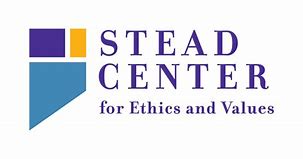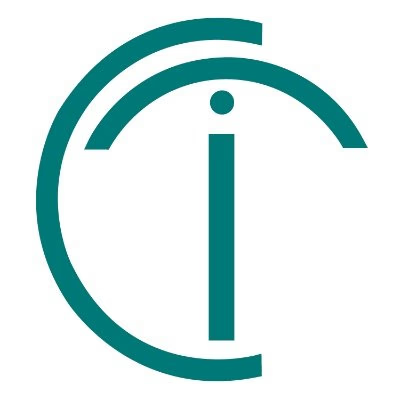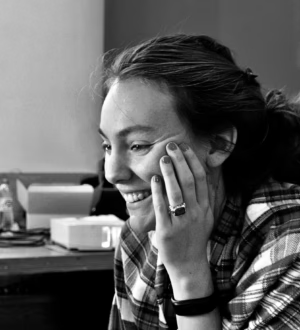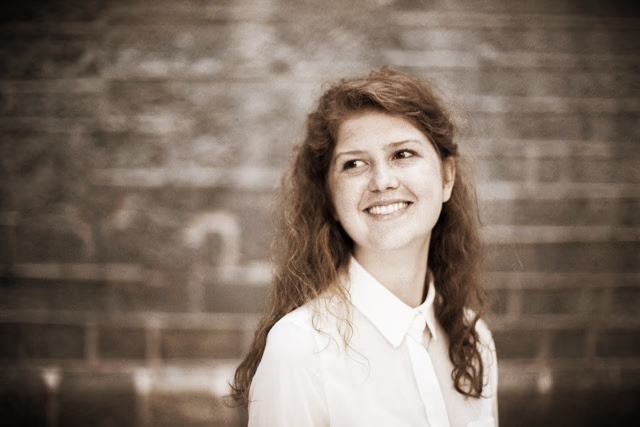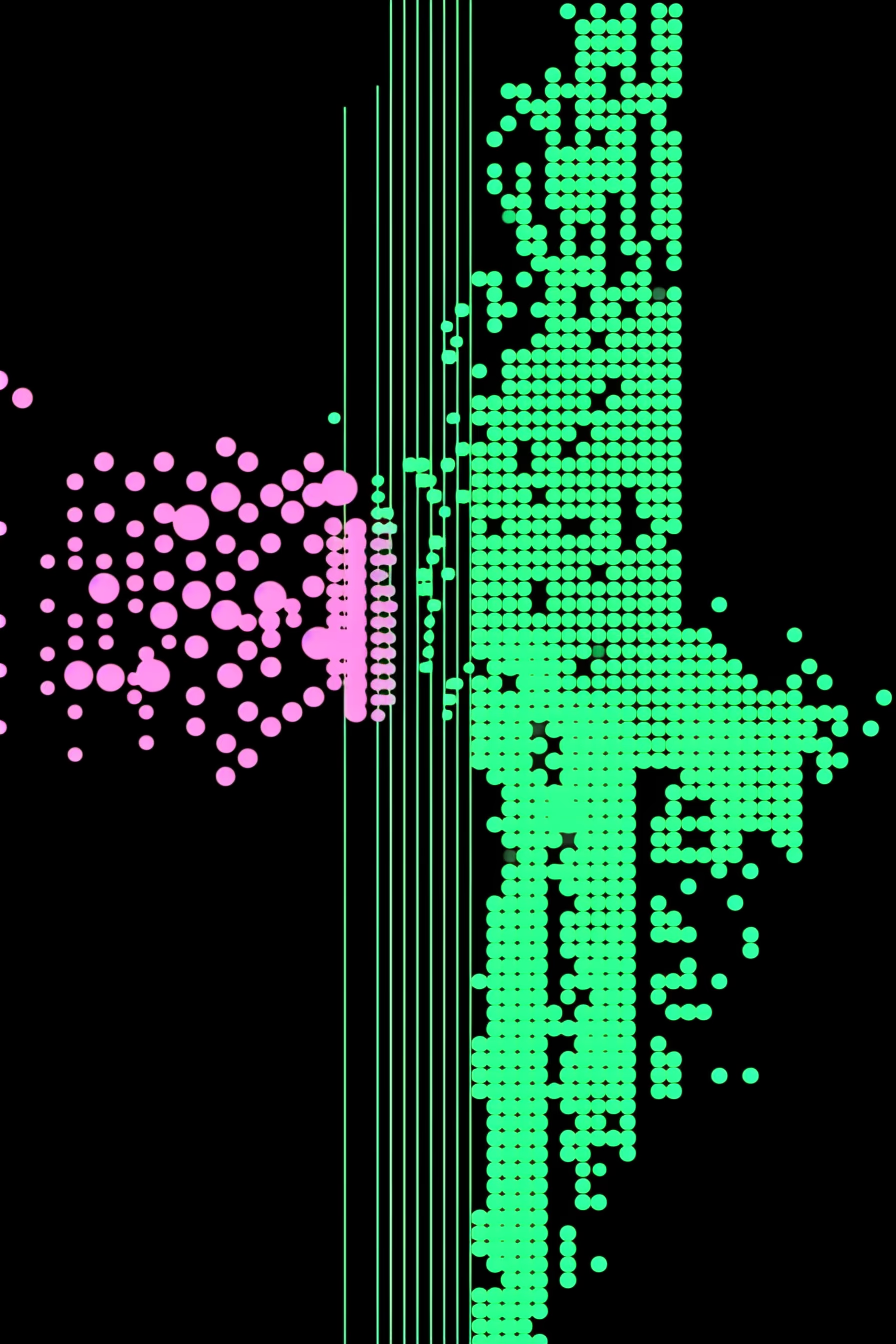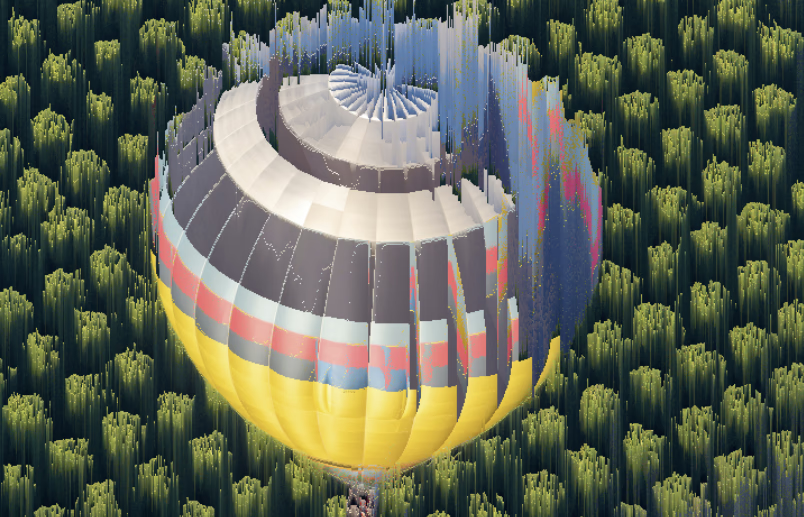Theologies
of the Digital

An International
Research Colloquium
June 5-7, 2025
Evanston, IL (USA)
Keynotes
The colloquium will take place in conjunction with the GoNeDigiTal '25 annual conference, which has the theme "(Co)-Creator, Creativity and the Created." For more information on GNDT sessions, see the website of the Global Network for Digital Theology.

Program Theme
The theme of Theologies of the Digital 3 is "Biases and Debiasing Theology." Biases are a constant feature of our digital lives. They guide our digital perception and structure knowledge in the digital world. Thereby, they suppress important voices and shape interpretation. For theology and religious studies at the intersection of technology and ethics, they have a hermeneutical, ethical and technical dimension to address.
Hermeneutically, biases have an explorative dimension: they make judgments in everyday actions transparent when made visible by the data. They thus serve to unveil everyday biases in our ideas and actions as well as the biases in our technological architecture. On this basis, biases become tangible for ethical reflection in online and offline worlds. Thereby, this raises the question of how biases can be avoided or at least reduced.
Ethically, biases influence how knowledge is structured and interpreted. Biases thus become essential for ethical reflection, as they impact technological design, use(r), and development. And yet, forms of bias, often named theologically as preferences, can be used to balance past inequalities. To explore technological mechanisms of and human dispositions for bias, thus raises the question: should we seek to eliminate all biases or more keenly recognize bias so we can effectively evaluate its benefit and harm? For example, one might consider how "helpful" biases guide the work of safety training related to natural language model responses.
Technologically, recent work in machine learning has explored ways of detecting and rectifying biases in word embeddings. Since word embeddings are typically generated from large corpora of contemporary text, they encode explicit and latent cultural biases. Building on work by Tolga Bolukbasi et al. ("Man is to Computer Programmer as Woman is to Homemaker? Debiasing Word Embeddings" [2017]), researchers in machine learning have proposed methods to identify biases in word embeddings and to use mathematical techniques to correct them. The focus of much recent research on debiasing is on so-called Word Embedding Association Tests (WEATs). For the most part, these techniques have concentrated on biases related to gender, race, and ethnicity. As theologians, we hope also to explore biases related to religious identity.
Conference Schedule
Joint GNDT/TotD Keynote: Neural Networks and Creativity
Sarah Schwettmann
Hybrid SessionLunch Break
Opening Remarks: Theologies of the Digital
Clifford Anderson, Frederike van Oorschot, Kate Ott
Table Conversations
Ethics, Hermeneutics, Technical
Session One
The Imaginary as Bias of Digital Theology
Florian Höhne
Chatbots, Bible Apps, and Theological Bias
Jonas Kurlberg
Session Two
Public Theology of Media in the Midst of Korean Political Turmoil
Paul S. Chung
Intersection of Theology and Mission within the Context of Digital Culture
Marco Enrique Salas Laure
Break
Dinner
Table Conversations
Keynote: Unbiasing Technology
Tessa Charlesworth
Lunch Break
Session Three
Conceptual Justice: How Deep Do Biases Actually Go?
Anna Puzio
Digital Discipleship: AI as a Tool for General and Personal Christian Education
Hermas Lo
Session Four
Implications of the Chinchilla
Enrico Beltramini
Biases in Ecumenical Dialog Processes
Knut Wormstädt
Break
Dinner
Table Conversations on the Terrace
Table Conversations
Hermeneutics, Ethics, Technical
Closing Discussion
Lessons Learned and Next Steps
Organizers
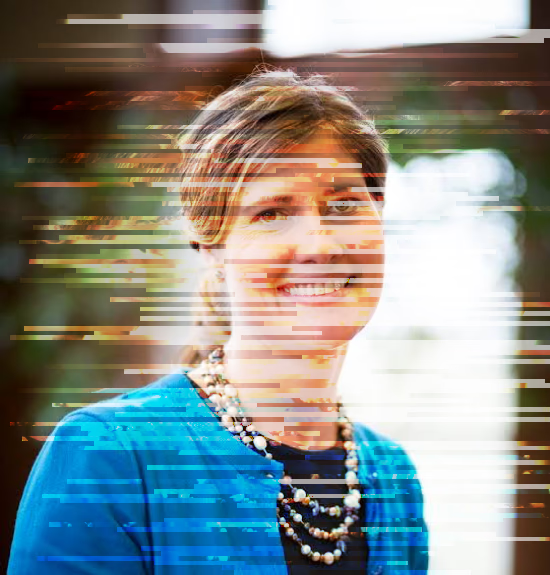
Dr. Kate M. Ott
Jerre and Mary Joy Stead Professor of Christian Social Ethics at Garrett-Evangelical Theological Seminary in Evanston, IL (USA)
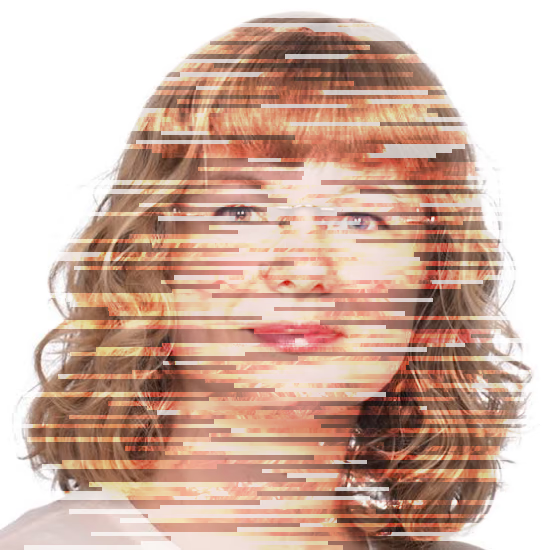
Dr. Frederike van Oorschot
Leiterin des Arbeitsbereichs Religion, Recht und Kultur, Die Forschungsstätte der Evangelischen Studiengemeinschaft e.V. (FEST), Heidelberg (Germany)
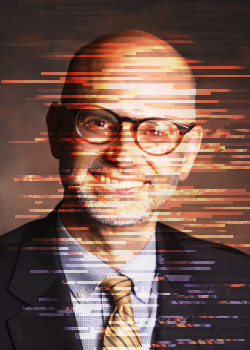
Dr. Clifford B. Anderson
Director, Yale Divinity Library, New Haven, CT (USA)
FAQ
Theologies of the Digital is an international research colloquium that examines the intersection of theology and digital technologies. The colloquium brings together scholars, theologians, technologists, and researchers to explore how digital technologies are reshaping religious thought, practice, and understanding.
Previous participants have included theologians, religious studies scholars, digital humanities researchers, ethicists, and technology experts from institutions in Europe and the United States. Contributors have presented on topics ranging from the ethics of deepfakes to digital hermeneutics and beyond.
The call for proposals is now closed. If you're interested in attending the conference or have questions about participation, please contact Dr. Kate Ott at kate.ott[at]garrett.edu.
Conference to be held at Garrett-Evangelical Theological Seminary
2121 Sheridan Road,
Evanston, IL, USA 60201
https://www.garrett.edu/
The Stead Center for Ethics and Values will provide meals during the following times for both the Global Network for Digital Theology (GNDT) regional gathering and Theologies of the Digital (TotD) participants: continental style breakfast (GNDT - June 3-5 and TotD - June 6-7); lunch (GNDT - June 3-5, TotD - June 6-7); dinner (GNDT - June 3, TotD - June 5,6). The evening of June 4 will be a free evening to explore the Chicagoland area.
Attendees can use either of the two major Chicago airports:
Chicago O'Hare International Airport
For public transportation, use the Pace Pulse Dempster Line - https://www.pacebus.com/project/pulse-dempster-line. The final stop on the Pulse bus is the Davis street stop in Evanston. From there it is a 10-15 minute walk to campus. Download the Ventra app to set up an account to pay for the bus. https://www.ventrachicago.com/
Chicago Midway International Airport
For public transportation use the Chicago Transit Authority (CTA) elevated trains. The Orange line goes to and from Midway. Depending on the time of day, you can connect to the Purple line express to Linden which stops at all Evanston stops (1-1.5 hours). Or take the Red Line to Howard to connect with the Purple line (1.5-2 hours). Download the Ventra app to set up an account and see train locations and timing (Google maps is also reliable to map you via public transportation). https://www.ventrachicago.com/
Hotels
There are four guest rooms available on campus at Garrett. Nothing fancy, but only $100 per night. Full bedroom, bath, and small sitting area with kitchen area. They are in one of the dorm buildings. Contact Kate directly (first come, first serve) if you want to reserve one of these.
There are a variety of hotels close to campus. All of them are within 1-2 miles, walkable and safe. Prices vary depending on time of year and amount of days you plan to book. We do not have any formal conference rates because our group is too small.
Graduate by Hilton Evanston
https://www.hilton.com/en/hotels/ordgegu-graduate-evanston/
Closest - more about ambiance than amenities
Hilton Orrington/Evanston
https://www.hilton.com/en/hotels/ordoehf-hilton-orrington-evanston/
Hyatt House Chicago/Evanston
https://www.hyatt.com/hyatt-house/en-US/chixe-hyatt-house-chicago-evanston
Hilton Garden Inn Chicago North Shore/Evanston
https://www.hilton.com/en/hotels/ordevgi-hilton-garden-inn-chicago-north-shore-evanston/
Holiday Inn Chicago North-Evanston, an IHG Hotel
https://www.ihg.com/holidayinn/hotels/us/en/evanston/chine/hoteldetail
The campus is in Evanston, IL, the first of the northern Chicago suburbs. For more information see, https://www.cityofevanston.org/residents/new-residents.
Supported by
